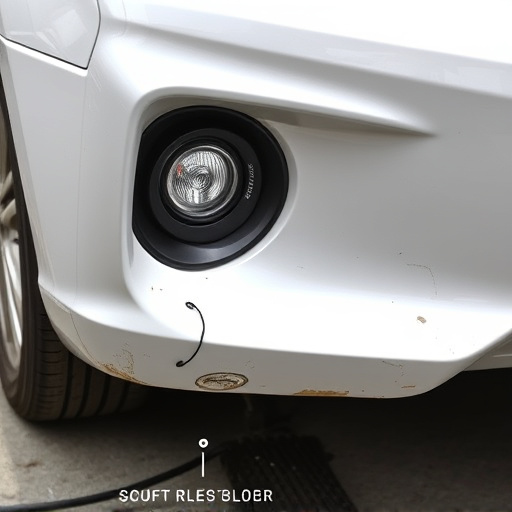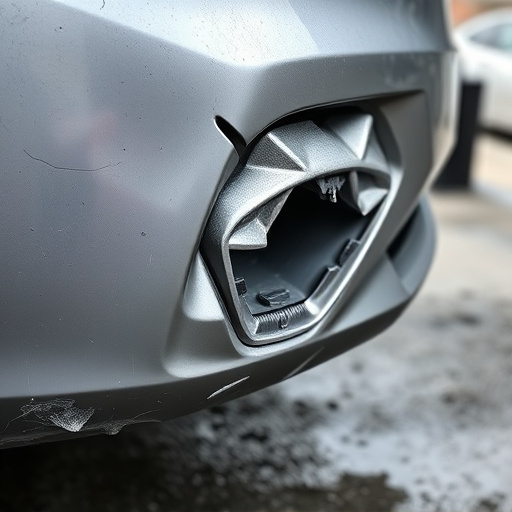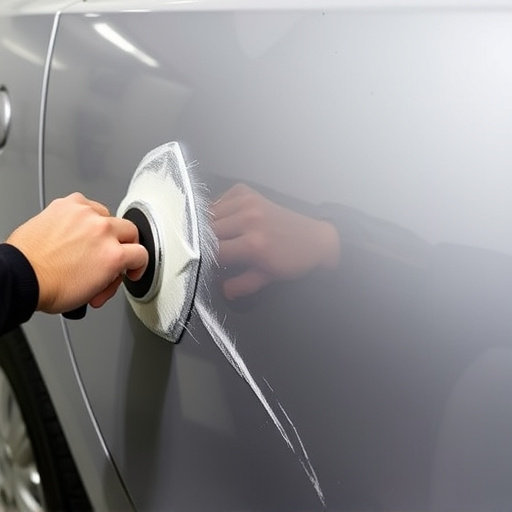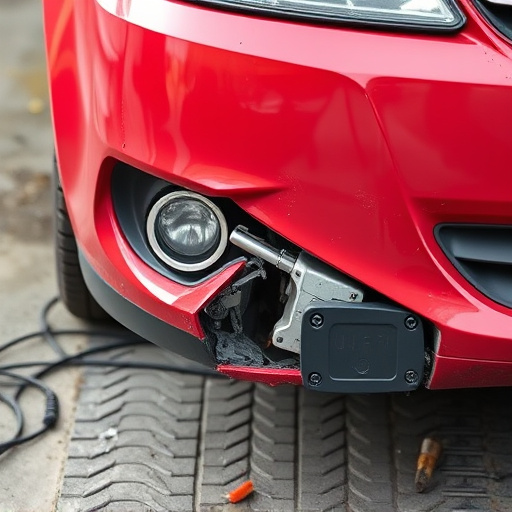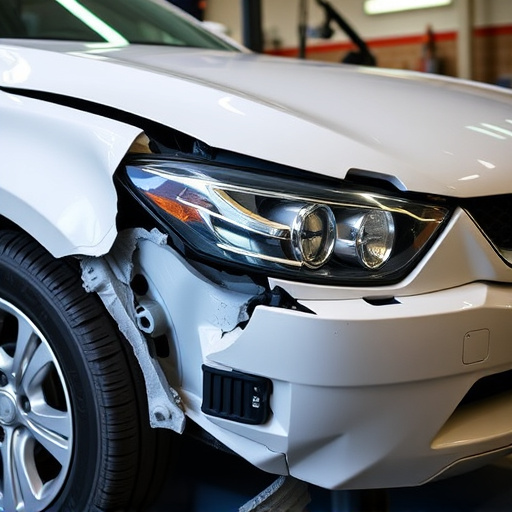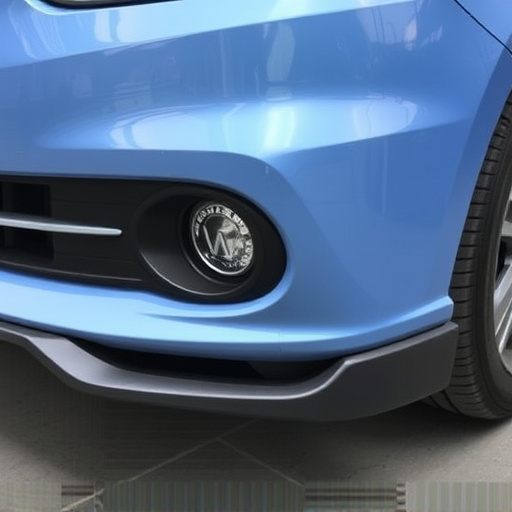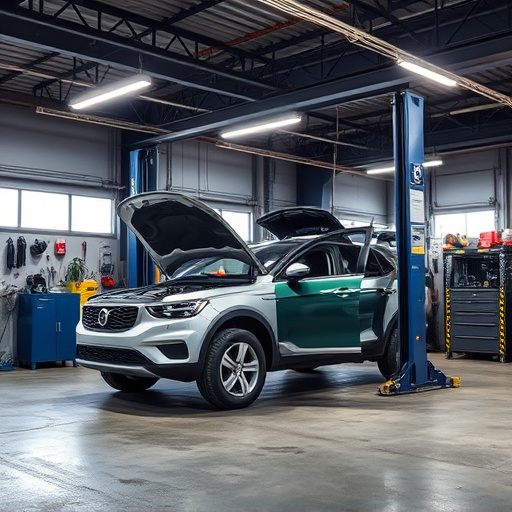Ultrasonic thickness gauges are advanced tools that use high-frequency sound waves for precise material thickness measurement in automotive sectors, especially for collision centers to assess dent and hail damage. They facilitate quick evaluation of panel depth and structural integrity, ensuring accurate thickness readings for informed repair decisions. These non-invasive testers are critical for strict material quality control, enabling thorough inspection of auto body panels and identifying any discrepancies before assembly. By enhancing structural integrity and streamlining painting processes, ultrasonic thickness gauges have transformed fleet maintenance and complex auto body repairs in the automotive industry.
“Unleash the potential of automotive manufacturing with an in-depth exploration of ultrasonic thickness gauges. This powerful tool has transformed material quality control, enabling precise non-destructive measurements. From ensuring the integrity of vehicle components to facilitating advanced materials research, these gauges offer unparalleled accuracy.
Dive into the basics, discover their applications in the automotive sector, and explore advanced uses that go beyond traditional measurement, revolutionizing industry standards.”
- Understanding Ultrasonic Thickness Gauge Basics
- Automotive Applications: Material Quality Control
- Advanced Uses: Beyond Basic Measurement
Understanding Ultrasonic Thickness Gauge Basics

Ultrasonic thickness gauges are innovative tools that measure material thickness with precision using high-frequency sound waves. This non-destructive testing method is highly effective across various industries, including automotive. The device sends ultrasonic pulses through a material and calculates its thickness based on the time it takes for the echo to return. This technology plays a pivotal role in ensuring quality control during manufacturing and repair processes.
In vehicle dent repair and hail damage repair at auto collision centers, ultrasonic thickness gauges are invaluable. They help assess the depth of dents and identify structural integrity issues without causing further damage. By quickly and accurately measuring panel thickness, these gauges aid technicians in making informed decisions during restoration, ensuring that repairs maintain the vehicle’s original strength and safety standards.
Automotive Applications: Material Quality Control

In the automotive industry, maintaining material quality control is paramount for ensuring safety and performance standards. Ultrasonic thickness gauges play a pivotal role in this process by providing precise measurements of metal sheets used in car manufacturing and repair. These non-destructive testing tools enable thorough inspection of components like auto body panels, ensuring they meet specific thickness specifications before assembly. This is especially crucial in collision repair, where precision is key to restoring vehicles to their pre-accident condition.
By utilizing ultrasonic thickness gauges, auto body services can detect any variances in material quality, allowing for immediate corrective actions. This not only enhances the overall structural integrity of the vehicle but also contributes to a more efficient and effective painting process, as accurate panel thickness ensures even and high-quality car paint repair.
Advanced Uses: Beyond Basic Measurement

Ultrasonic thickness gauges have evolved far beyond their basic measurement capabilities, offering advanced applications in various automotive sectors. These versatile tools are now integral to efficient and precise operations, especially in complex auto body repairs and fleet maintenance services. By employing ultrasonic waves, these gauges can non-destructively measure the thickness of materials, such as metal sheets used in vehicle construction, ensuring accuracy down to the smallest fraction.
This technology is particularly valuable for diagnosing and assessing damage in vehicles, including identifying hidden dents or delaminations that might be missed through visual inspection alone. Moreover, ultrasonic thickness gauges play a critical role in quality control during auto body repairs, ensuring that panels are replaced correctly and precisely, maintaining the structural integrity of the vehicle. This advanced use extends beyond basic measurement, revolutionizing fleet repair services and enhancing safety standards in the automotive industry.
Ultrasonic thickness gauges have evolved from basic measurement tools to versatile instruments with diverse automotive applications. From material quality control during manufacturing to advanced uses like non-destructive testing and material characterization, these gauges play a crucial role in ensuring the integrity and performance of automotive components. By leveraging ultrasonic technology, industries can achieve higher precision, efficiency, and overall quality in their processes, making ultrasonic thickness gauges an indispensable tool for modern automotive production.


